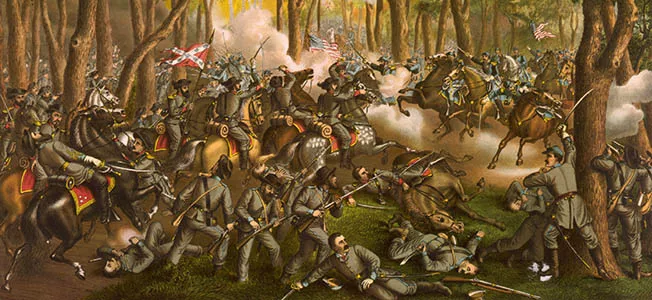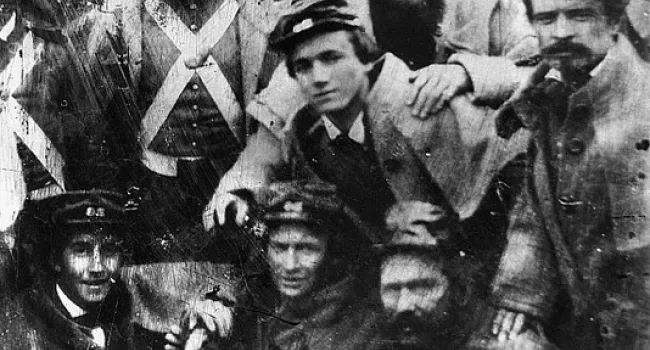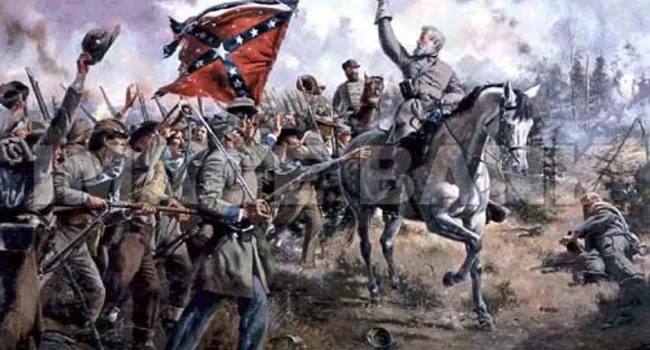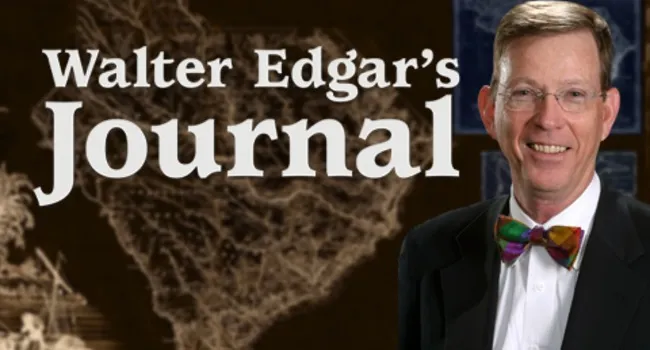
Audio
In this segment, Dr. Tracy Morgan sets the stage for the 1864 campaign in Virginia, and outlines the operational statuses for both the South’s Army of Northern Virginia (commanded by General Robert E...
Never did so large a proportion of the American population leave home for an extended period and produce such a detailed record of its experiences in the form of correspondence, diaries, and other papers as during the Civil War. Dr. Tracy Power’s book, Lee’s Miserables: Life in the Army of Northern Virginia from the Wilderness to Appomattox (UNC Press), offers a compelling social history of Robert E. Lee's Army of Northern Virginia during its final year, from May 1864 to April 1865—a history based on research in more than 1,200 wartime letters and diaries by more than 400 Confederate officers and enlisted men.
Dr. Tracy Power joined Dr. Edgar for a public conversation at the University of South Carolina’s Capstone Conference Center, in Columbia, on January 14, 2014. The event was part of the series “Conversations on the Civil War, 1864,” presented in January and February, 2014.
The series is sponsored by the USC College of Arts and Sciences.

Audio
In this segment, Dr. Tracy Morgan sets the stage for the 1864 campaign in Virginia, and outlines the operational statuses for both the South’s Army of Northern Virginia (commanded by General Robert E...
Audio
May-June 1864: In the Battle of the Wilderness, both sides fight in the dense forest West of Fredericksburg. The South’s army is battered under constant attacks from Grant’s forces. General Grant then...
Audio
The Battle of Cold Harbor takes place mere days after the Spotsylvania campaign. With The Wilderness, Spotsylvania, and Cold Harbor, they cause almost thirty days of continuous combat combined. Dr...
Audio
With the losses of prominent Confederate generals such as James Longstreet and J.E.B. Stuart, General Robert E. Lee decides to take on more responsibilities. After Cold Harbor, we see the development...
Audio
In this segment, Dr. Morgan discusses morale for the troops in the Confederate army; why they fought, what kept them together, and the importance of their faith. Dr. Morgan recounts how troop morale...
Audio
Dr. Morgan first talks about the efficiency of the Confederate postal system, and how soldiers were able to share their senses of humor in letters written back home. Dr. Morgan then analyzes how...
Audio
Never did so large a proportion of the American population leave home for an extended period and produce such a detailed record of its experiences in the form of correspondence, diaries, and other...